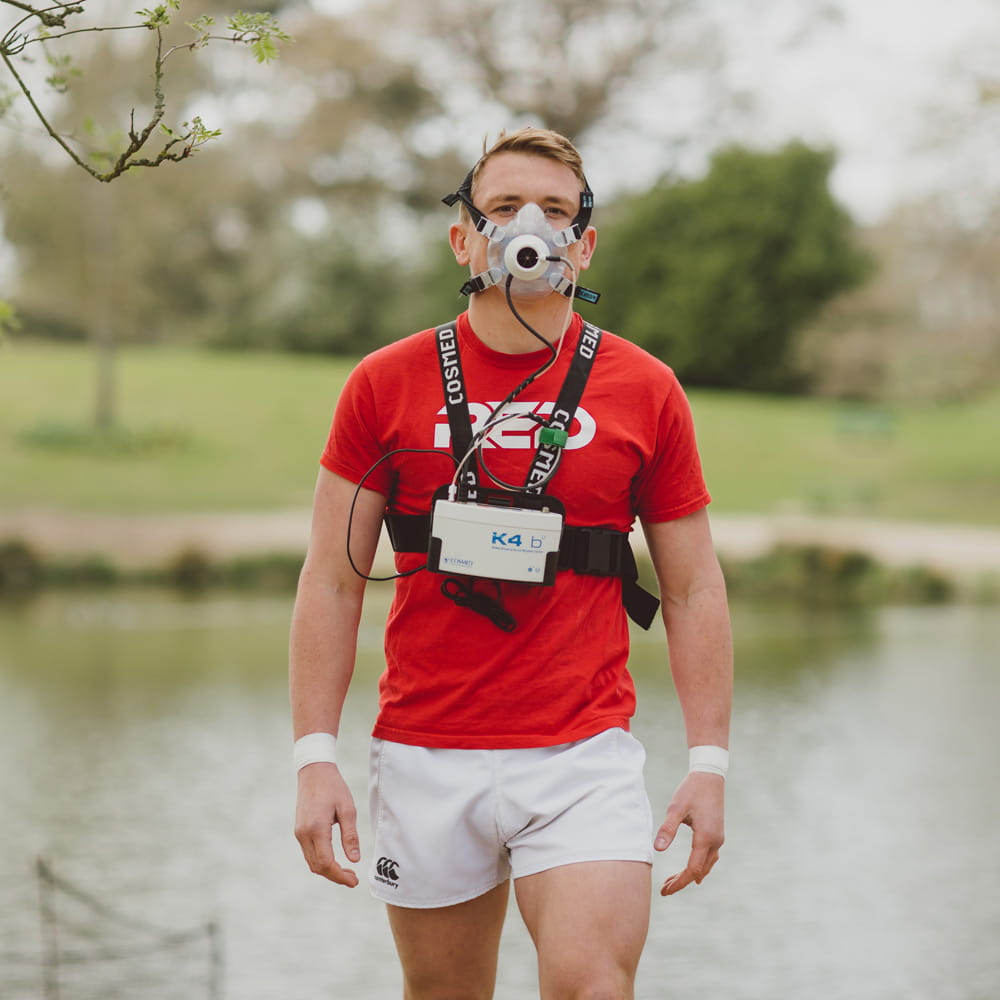Social prescribing, green care and exercise
There is a growing evidence base for the value of interventions to support mental wellbeing based on social activities, nature-based activities, exercise and related types of activity.
We have significant expertise in this field at the University of Essex, having been pioneers in he field of “green care”. Our research in this area has far-reaching implications for public health and wellbeing locally, nationally and globally.
Selected projects
Balance and movement as a biomarker for anxiety and depression
While research suggests physical activity is linked to positive mental wellbeing, we also know that some mental health conditions are associated with inactivity or lack of movement.
To better understand the role of movement associated with psychological distress, we are leading an investigation of the lived experience of people who experience depression and or anxiety in terms of movement and motor functioning. This will inform a biomechanical investigation of the objective differences and changes in movement of those with and without diagnosed anxiety or depression and how this might change over the course of treatment.
Researchers
Collaborators and funders
A nature-based intervention to improve mental health
We have particular expertise in researching the effectiveness of nature-based interventions including those which aim to improve mental wellbeing.
iCARP is an angling-based programme developed in Essex to support military veterans experiencing trauma symptoms, depression and anxiety. Participants are taken on group fishing trips which include opportunities to open up and talk about their experiences alongside therapeutic support. The research team has undertaken pilot research pointing towards short and long-term benefits. The team are now working to undertake a more formal evaluation of treatment effects and extending the intervention to other emergency and front line personnel.
Researchers
Collaborators and funders
- Funders: National Institute for Health and Care Research
- Collaborators: iCARP CIC (Investigating Countryside & Angling Research Projects)






